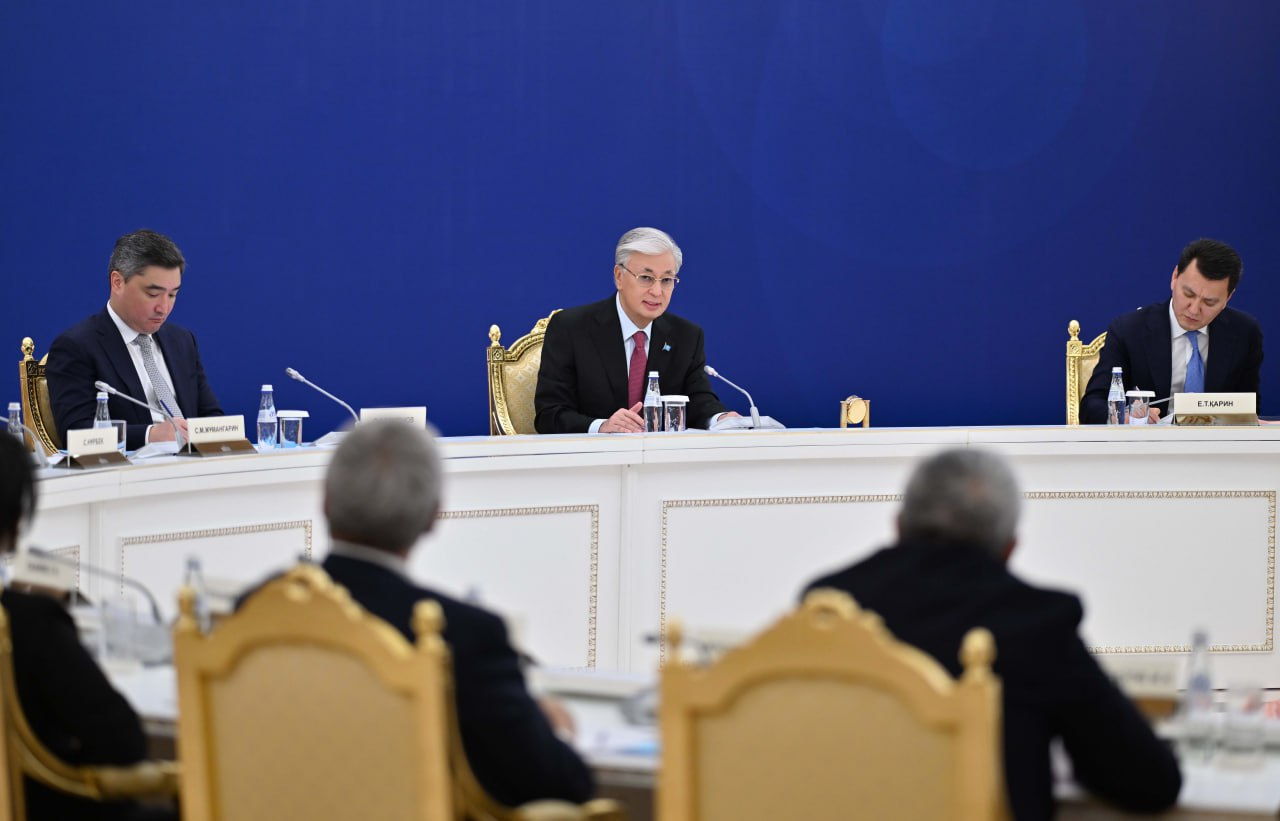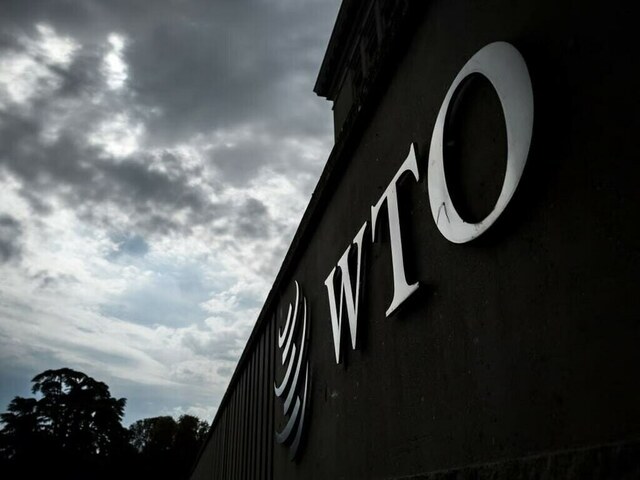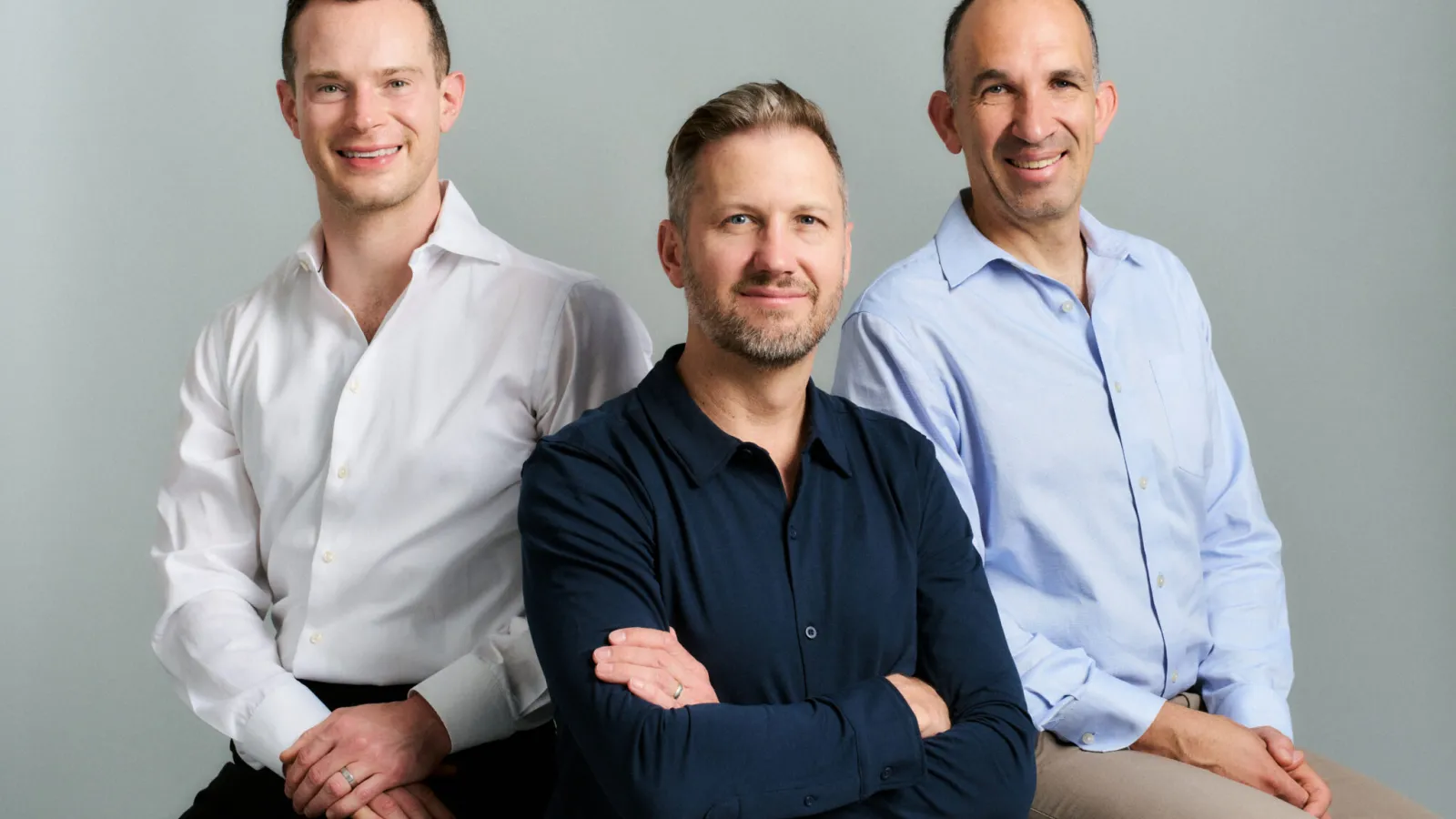Tokayev Outlines Vision for Scientific and Nuclear Advancement at National Council Meeting
By Ayana Birbayeva,Fatima Kemelova
Copyright astanatimes

ALMATY – President Kassym-Jomart Tokayev emphasized the critical role of science, technology, and nuclear energy in Kazakhstan’s long-term development during the Sept. 26 meeting of the National Council on Science and Technology.
Opening the session, Tokayev noted that in the face of global instability and geopolitical challenges, a country’s development level in the world is determined by its scientific and technological capacity, reported the Akorda press service.
Building human capital for science and innovation
Tokayev stressed that strengthening human capital remains a priority for domestic science. He highlighted the importance of training engineers and technical specialists for the nuclear sector. Beginning next year, 20 annual quotas will be allocated for the preparation of nuclear specialists.
“It is necessary to create favorable conditions for young scientists. To avoid lagging behind progress, we must unite and direct all our efforts toward achieving the set goals,” he said.
Particular attention is also being directed toward safeguarding the interests of scientists, with the recent adoption of the new Law on Science and Technology Policy and the establishment of a modern legal framework for science governance.
Nuclear energy and security
Ensuring the nation’s energy independence was another key point of Tokayev’s speech. He underlined that nuclear power is an extremely important and necessary energy source for Kazakhstan’s future.
“Kazakhstan attaches great importance to cooperation with countries possessing advanced nuclear technologies. In negotiations on the construction of a nuclear power plant, we must first of all proceed from our national interests,” he said.
President Tokayev highlighted Kazakhstan’s significant reserves of rare metals vital for nuclear energy. He emphasized that uranium, previously used mostly for export, would gain new strategic importance for domestic consumption once a nuclear power plant is built.
Nuclear medicine and public health
Another priority outlined by the President was the development of nuclear medicine.
“The use of advanced nuclear technologies will significantly increase the effectiveness of healthcare, especially in treating cancer and cardiovascular diseases,” he said.
He tasked the government with developing domestic radiopharmaceuticals and creating a network of nuclear medicine centers at leading clinics and universities.
Digitalization and artificial intelligence
Tokayev highlighted that digitalization and AI integration are central to Kazakhstan’s strategy for modernization.
“Digital solutions make it possible to manage the entire life cycle of nuclear facilities efficiently. They reduce costs, increase effectiveness, and improve safety,” he explained.
Tokayev recalled that during his recent visit to the United States, he held a series of meetings with the heads of major global corporations, including Amazon and Meta, which are actively engaged in artificial intelligence and advanced technology development.
International cooperation in nuclear science
President Tokayev highlighted that nuclear energy development has become a global trend and an essential factor for national progress.
“Today there are 416 nuclear reactors operating around the world. The United States runs 94 reactors but produces insufficient uranium, and Kazakhstan supplies 24% of the fuel to its market. A similar situation exists in France, where more than 50 stations rely on uranium mined in our country,” he said.
Tokayev underscored the importance of expanding Kazakhstan’s participation in international research projects in areas such as thermonuclear fusion, nuclear materials science, and radiation technologies.
“Such involvement not only demonstrates the potential of our nuclear science but also attracts investments, technology transfers, and unique expertise,” he said.
National unity and public engagement
President Tokayev concluded by calling for broad public dialogue and awareness-raising to overcome nuclear skepticism and ensure environmental standards in nuclear projects.
He also stressed the role of scientists in inspiring younger generations and contributing to reforms aimed at sustainable socio-economic development.
“Our main task is to consistently improve the well-being of the people and strengthen the country’s competitiveness. I am confident that the scientific community will make a substantial contribution to this mission,” Tokayev said.



